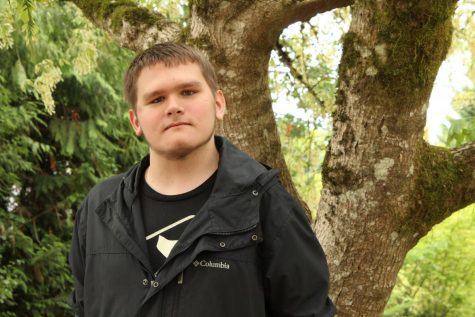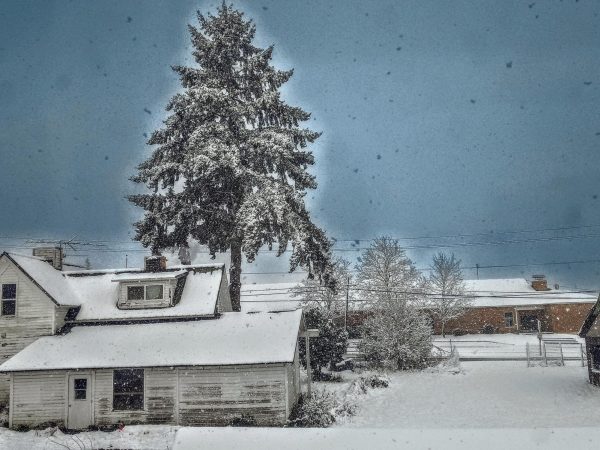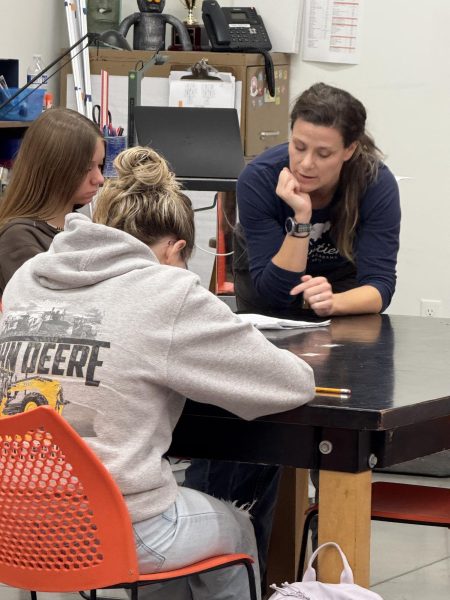Be Aware! Seasonal Depression

Seasonal depression, also known as Seasonal Affective Disorder starts during the fall and ends at the start of spring. This is a very long time to have feelings of depression and the symptoms of depression.
Seasonal depression should not be ignored, and you can help yourself or others cope with seasonal depression.
Tracie Looney, a health and physical education teacher at Yamhill Carlton High School says, “I think it’s important for everybody to learn about the seasonal affective disorder, it’s not discussed enough, and people need to be aware that it is a documented mental disorder. And if we’re not bringing to people’s attention, young and old, then people suffer, and they shouldn’t have to suffer.”
Looney brings up a very good point. People as a community need to be aware that people have issues outside of what others see on the outside, whether it’s emotionally, physically, mentally, or even just someone else around them having issues.
“You just need to make sure you’re aware of the situation the best you can and don’t brand, don’t label or any of those kinds of things,” stated Looney when talking about understanding people with Seasonal Affective Disorder.
Seasonal Affective Disorder has many environmental or physical objects that can cause it but even just lacking Vitamin D supplements can cause you to show signs of Seasonal Affective Disorder.
Quinn Takashima, the counselor at Yamhill Carlton High School, says that “It’s important to understand that the environment does directly have an impact on their mental health, and nothing is wrong with that. It’s natural and a lot of people are affected by the environment, some even more than others.”
Awareness for Seasonal Affective Disorder is one of the biggest things we need to focus on because it can happen to anyone, not just people who are susceptible to disorders.
To combat something like depression you have multiple ways, however, there is no “cure” for depression. Some things that can help include talking to family, friends or a therapist. For seasonal depression directly, spending time in a sunroom at a college campus or taking medicine can help combat the feelings this depression brings. Overall depression should not be ignored especially since seasonal depression happens every year.

Howdy there, I'm Chase Schrepel, obviously a writer for YC Journal, I work in the journalism class because I love writing; however I’m not the best at...




